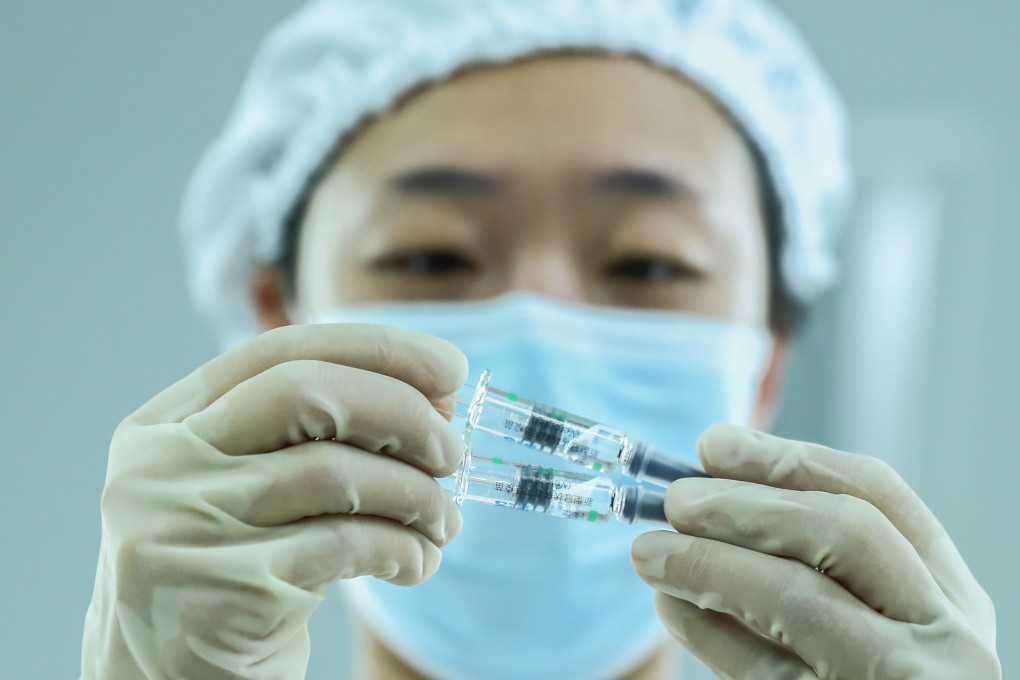Immune imprinting makes some Covid-19 booster shots less effective, Chinese scientists find
- Study shows those who received three inactivated doses had lower antibody levels against Omicron variants
- Effectiveness also questioned in US as it prepares the way for annual vaccination

The finding highlighted the importance of considering a phenomenon called immune imprinting in vaccine design, the researchers said. Separately, immune imprinting has also been at the centre of a debate in the United States as it considers simplifying its vaccination programme.
Immune imprinting refers to the way people’s immune systems respond to a newly circulating strain by producing antibodies tailored to the first strain they encountered. In some cases, that could lead to a poorer ability to protect a person against a new strain of the virus.
The scientists from Shanghai Jiao Tong University school of medicine compared 135 serum samples from three groups of Covid-19 patients: the unvaccinated, recipients of two doses of inactivated vaccine, and those who had three doses. They were all infected with the BA2 strain of the Omicron variant of the coronavirus, which was the prevailing strain during the outbreak in Shanghai early last year.
The researchers then tested the neutralising antibodies found in the samples against the original strain of Sars-CoV-2 – the virus that causes Covid-19 – as well as BA2 and two newer strains: BA4 and BA5.
In a letter published in the journal Cell Research on January 25, they said that while the vaccinated patients’ neutralising antibody levels against the original strain were comparable, those who had received three doses of vaccine had “significantly lower” antibody levels against the Omicron BA.2, BA.4 and BA.5 variants.
They said the patients who received two or three doses all had mild symptoms, while some unvaccinated patients had developed severe symptoms.
